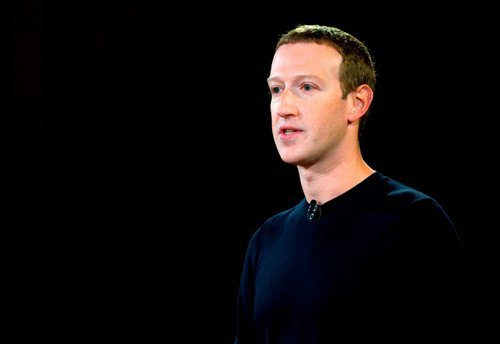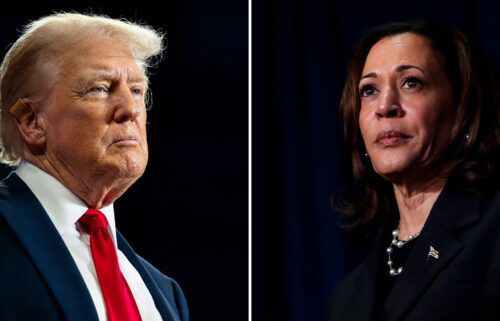Facebook tries to get its house in order ahead of 2020 election

With the US presidential election barely a year away, Facebook is still working to get its house in order.
Facebook said Monday that it is taking new steps to clearly identify state-run media for users and to better protect the accounts of political candidates and officials as part of a broader effort to prevent its platform from being abused to interfere with the 2020 US elections.
Starting next month, Facebook will label publications that are “wholly or partially under the editorial control of their government as state-controlled media,” the company said in a blog post Monday. These Facebook pages will be held to “a higher standard of transparency because they combine the opinion-making influence of a media organization with the strategic backing of a state.”
Last year, YouTube added labels to videos that are posted by state-funded media outlets, linking to the broadcaster’s Wikipedia page. But outlets like the BBC, a publicly funded broadcaster independent from the government, get a different label than an outlet like Russia Today.
“We expect Facebook’s efforts to label content in this manner to be about as apt as its blocking of RT’s pages containing Borscht recipes last week,” RT spokesperson Anna Belkina told CNN Business. “We will likely see the same labeling shenanigans as we did from Google, for whom some publicly funded outlets were more “state funded” than others, facts notwithstanding.”
Even as it takes steps to protect the next election, Facebook continues to grapple with bad actors from the last US presidential election. The company announced Monday that it removed 50 Instagram accounts and one Facebook account, some of which posed as locals from US swing states. Facebook says the accounts “showed some links” to the Internet Research Agency, a troll group with links to the Kremlin and a focus of special counsel Robert Mueller’s Russia investigation.
On a conference call with reporters Monday, Zuckerberg said the company’s ability to proactively catch and disclose these coordinated networks of accounts shows that Facebook’s defensive systems are working. He also stressed that Facebook now has more than 35,000 people working on safety and security efforts.
The policy updates and account takedowns come as Facebook and Zuckerberg confront continued scrutiny from politicians on Capitol Hill and on the campaign trail. Democratic presidential candidates including Sen. Elizabeth Warren and former Vice President Joe Biden have leveled sharp criticisms against the company in recent days for its policy of exempting ads by politicians from third-party fact-checking. The criticism followed the company’s decision to allow a video ad from President Donald Trump’s reelection campaign that falsely accused Biden of corruption for his role in Ukraine policy during the Obama administration.
When pressed about the policy again on the call, Zuckerberg stressed that other tech and media companies also ran the ad. “I know that Facebook has been at the center of a lot of these debates,” he said. But, he added, it’s “really not a policy area where we are an outlier.” (Broadcast networks and stations are required by law to run the ad; CNN, which is not subject to the same laws and regulations because it is a cable network, has opted not to air it.)
Zuckerberg once again framed his company’s stance on political advertising — and its decision not to do away with it on the platform entirely, despite its minimal contribution to Facebook’s bottom line — as a matter of giving people a “voice.”
“This isn’t about money,” he said. “Ads are an important way to get your message out and in front of people… Banning ads would favor incumbents and whoever the media would cover most.” At another point on the call, however, Zuckerberg conceded that incumbents “can raise more money” than their challengers to pay for more ads on Facebook and other platforms.
Zuckerberg is scheduled to testify before Congress on Wednesday in a hearing that is expected to focus on Facebook’s plans for a digital currency. At least some of the scrutiny over Facebook’s crypto plans could give the company even more power, at a time when its size and influence are already under investigation at the federal level.
In the face of that scrutiny, Zuckerberg has engaged in what appears to be a public relations campaign to put himself out there more. He gave a speech at Georgetown University last week describing politicians’ calls to clamp down on tech companies as an effort to restrict the freedom of expression, followed by interviews with several major media outlets.
“I get that a lot of people are angry at us,” Zuckerberg said in an interview with NBC Nightly News’ Lester Holt that is set to air Monday night. “Part of growing up for me has just been realizing that it is more important to be understood than it is to be liked, and I believe it very strongly.”
It’s unclear how much Monday’s announcements, or Zuckerberg’s PR campaign, will do to make politicians like Facebook again.


